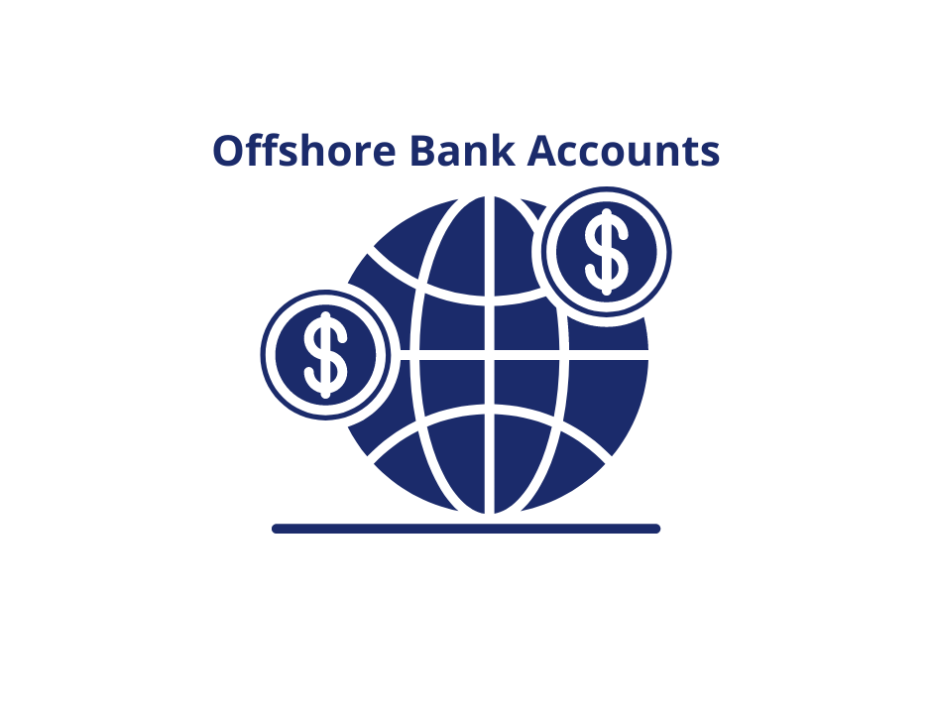Techniques for Cost-Effective Offshore Firm Formation
When considering offshore firm formation, the quest for cost-effectiveness comes to be an extremely important issue for companies seeking to expand their procedures internationally. In a landscape where monetary vigilance reigns supreme, the methods utilized in structuring offshore entities can make all the difference in accomplishing monetary effectiveness and functional success. From navigating the intricacies of jurisdiction choice to executing tax-efficient structures, the trip in the direction of establishing an overseas presence is rife with possibilities and obstacles. By discovering nuanced techniques that mix legal conformity, financial optimization, and technological developments, companies can get started on a course in the direction of offshore firm formation that is both financially sensible and tactically sound.
Selecting the Right Territory
When establishing an offshore company, choosing the proper territory is a critical decision that can significantly affect the success and cost-effectiveness of the development process. The territory selected will certainly determine the regulative framework within which the firm operates, influencing taxation, reporting requirements, privacy laws, and overall organization adaptability.
When selecting a jurisdiction for your offshore business, several aspects should be thought about to ensure the choice aligns with your critical goals. One important aspect is the tax program of the territory, as it can have a substantial influence on the business's productivity. In addition, the degree of regulatory conformity required, the economic and political stability of the territory, and the ease of working needs to all be examined.

Additionally, the track record of the territory in the worldwide business area is crucial, as it can affect the understanding of your company by customers, partners, and monetary organizations - offshore company formation. By meticulously assessing these variables and looking for specialist suggestions, you can choose the appropriate territory for your offshore business that maximizes cost-effectiveness and sustains your service goals

Structuring Your Business Successfully
To guarantee ideal effectiveness in structuring your overseas company, careful focus has to be given to the business framework. By establishing a clear possession structure, you can make certain smooth decision-making processes and clear lines of authority within the company.
Next, it is important to consider the tax ramifications of the chosen framework. Different jurisdictions use differing tax obligation benefits and incentives for offshore firms. By very carefully examining the tax obligation regulations and guidelines of the picked jurisdiction, you can optimize your firm's tax obligation performance and minimize unnecessary costs.
Additionally, maintaining appropriate documents and records is important for the reliable structuring of your overseas company. By maintaining up-to-date and precise records of financial transactions, business decisions, and conformity files, you can make sure transparency and responsibility within the organization. This not just helps with smooth operations yet also assists in showing conformity with regulatory requirements.
Leveraging Technology for Savings
Effective structuring of your offshore firm not only pivots on thorough attention to business structures yet likewise on leveraging modern technology for savings. In today's electronic age, innovation plays a pivotal duty in simplifying processes, decreasing prices, and increasing effectiveness. One method to take advantage of modern technology for financial savings in offshore company development is by making use of cloud-based services for information storage space and collaboration. Cloud technology eliminates the demand for pricey physical facilities, decreases upkeep expenses, and provides versatility for remote work. In addition, automation devices such as electronic signature systems, accounting software application, and job administration systems can dramatically cut down on hand-operated labor prices and improve overall efficiency. Embracing on-line communication tools like video clip conferencing and messaging applications can also cause cost savings by reducing the need for travel expenses. By integrating technology strategically right into your overseas business formation process, you can achieve considerable cost savings while improving functional effectiveness.
Minimizing Tax Liabilities
Utilizing critical tax planning techniques can successfully minimize the economic concern of tax obligation obligations for offshore companies. One of one of the most typical techniques for reducing tax responsibilities is through profit shifting. By distributing earnings to entities in low-tax territories, overseas companies can legally decrease their total tax obligation commitments. Additionally, benefiting from tax obligation incentives and exceptions offered by the territory where the offshore firm is registered can lead to considerable financial savings.
One more technique to reducing tax liabilities is by structuring the offshore business in a tax-efficient way - offshore company formation. This includes very carefully developing the possession and operational structure to maximize tax benefits. For example, establishing a holding firm in a jurisdiction with beneficial tax laws can aid combine profits and reduce tax obligation exposure.
Additionally, staying updated on worldwide tax obligation regulations and conformity requirements is crucial for decreasing tax obligations. By guaranteeing stringent adherence to tax laws and policies, offshore business can avoid pricey penalties and tax obligation disagreements. Looking for professional advice from tax specialists or lawful professionals specialized in global tax matters can go to my blog likewise supply valuable insights into efficient tax obligation preparation approaches.
Making Sure Compliance and Threat Reduction
Implementing durable conformity procedures is vital for offshore firms to reduce dangers and preserve governing adherence. To make sure compliance and minimize threats, overseas firms should perform extensive due persistance on clients and service partners to protect against participation in immoral tasks.
Moreover, staying abreast of changing guidelines and internet legal requirements is crucial for offshore business to adjust their conformity techniques accordingly. Involving legal specialists or compliance experts can give important support on navigating complex regulatory landscapes and guaranteeing adherence to global standards. By focusing on conformity and danger mitigation, offshore business can enhance openness, build trust with stakeholders, and safeguard their operations from potential legal consequences.
Conclusion

Using calculated tax planning methods can successfully lower the monetary concern of tax obligation responsibilities for offshore companies. By dispersing earnings to entities in low-tax territories, offshore business can lawfully decrease their total tax commitments. In addition, taking benefit of tax incentives and exemptions used by the jurisdiction where the offshore company is signed up can result in significant financial savings.
By important site making sure stringent adherence to tax regulations and guidelines, overseas companies can prevent pricey charges and tax obligation disagreements.In verdict, cost-efficient overseas business formation calls for mindful factor to consider of jurisdiction, reliable structuring, innovation usage, tax minimization, and conformity.
Comments on “Offshore Company Formation: Optimizing Development Prospective”